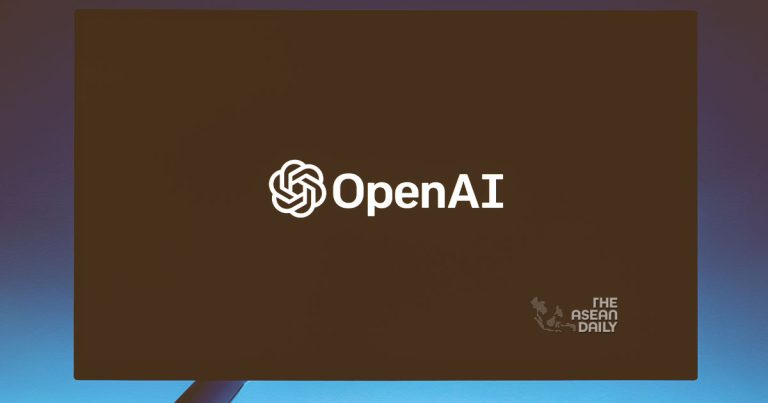10-10-2024 (SAN FRANCISCO) OpenAI, the pioneering artificial intelligence company behind ChatGPT, has revealed a concerning trend in the misuse of its AI models for election interference. In a report released on Wednesday, the San Francisco-based firm disclosed that it has successfully neutralised multiple attempts to generate fake content aimed at swaying voter opinions in various global elections.
The company, which has rapidly become a cornerstone of the AI industry, reported neutralising over 20 such attempts this year alone. One notable incident occurred in August, when OpenAI discovered and shut down a network of ChatGPT accounts being used to produce articles on US election topics. In a separate case in July, the company banned several accounts originating from Rwanda that were generating election-related comments for dissemination on the social media platform X, formerly known as Twitter.
Despite these concerning attempts, OpenAI assured that none of the AI-generated content targeting elections managed to gain significant traction or sustain a large audience. However, the company’s findings underscore the growing sophistication of cybercriminals in leveraging AI tools for malicious purposes, including the creation and refinement of malware and the mass production of deceptive content for websites and social media platforms.
This revelation comes at a critical time, as concerns mount over the potential for AI to be weaponised in disinformation campaigns, particularly in the lead-up to the US presidential elections. The US Department of Homeland Security has already sounded the alarm, warning of an increased threat from Russia, Iran, and China attempting to influence the November 5th elections, potentially utilising AI to disseminate false or divisive information.
The misuse of AI in this manner presents a new frontier in the battle against election interference, challenging tech companies and government agencies alike to develop more robust safeguards. OpenAI’s proactive stance in identifying and neutralising these threats demonstrates the critical role that AI developers play in maintaining the integrity of democratic processes.
As ChatGPT continues to grow in popularity, boasting 250 million weekly active users, the responsibility on OpenAI’s shoulders to prevent misuse of its technology intensifies. The company’s recent US$6.6 billion funding round, which solidified its position as one of the world’s most valuable private companies, comes with heightened expectations for responsible AI development and deployment.




